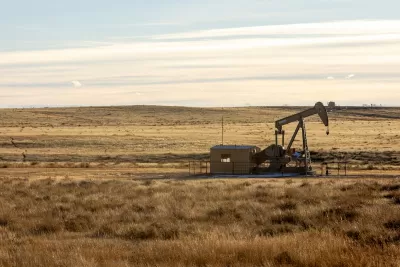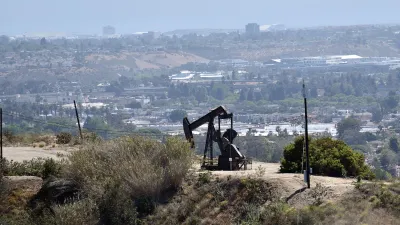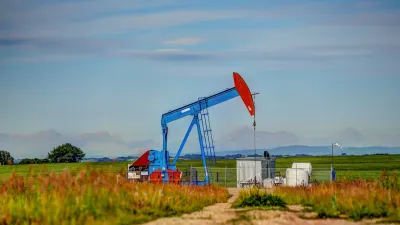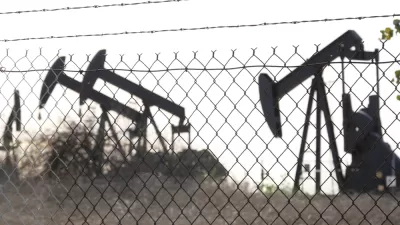A company is seeking to repurpose abandoned oil wells in Pierce, Colorado, to create a cost-effective geothermal energy system that could heat and cool local buildings, reduce emissions, and serve as a model for sustainable energy nationwide.

In Pierce, Colorado, a startup called Gradient Geothermal aims to repurpose abandoned oil wells for a geothermal energy system that could heat and cool local buildings, including homes, schools, and a meatpacking plant. By reusing wells instead of drilling new ones, the project dramatically reduces the cost of geothermal energy production, making it a viable clean energy solution for small towns. As reported by Adele Peters, Gradient’s approach taps into the wells’ existing infrastructure, where hot water produced alongside oil can be utilized to create a central heating network, potentially even warming sidewalks during snowy winters.
This innovative project aligns with Colorado's push for geothermal energy, supported by state grants to test new applications. Gradient’s feasibility study will determine the system’s cost, capacity, and environmental benefits, with promising results already seen in a similar Nevada project where reused oil wells helped power ongoing oil operations. If successful, the Pierce system could offer an alternative to natural gas and wood stoves, reduce greenhouse gas emissions, and create local jobs by leveraging the skills of former oil and gas workers. The town views the initiative as an opportunity for economic growth and sustainability.
Beyond Pierce, this model has the potential for replication across the U.S., where millions of abandoned oil wells could serve as cost-effective geothermal sources. With Chevron as a partner in this project, there is significant interest in expanding the approach to other sites, transforming old oil infrastructure into a pathway for renewable energy. By integrating geothermal solutions into local communities, projects like this could provide an innovative and sustainable future for towns historically reliant on fossil fuels.
FULL STORY: In rural Colorado, these abandoned oil wells could soon be used to heat a nearby town

Planetizen Federal Action Tracker
A weekly monitor of how Trump’s orders and actions are impacting planners and planning in America.

Map: Where Senate Republicans Want to Sell Your Public Lands
For public land advocates, the Senate Republicans’ proposal to sell millions of acres of public land in the West is “the biggest fight of their careers.”

Restaurant Patios Were a Pandemic Win — Why Were They so Hard to Keep?
Social distancing requirements and changes in travel patterns prompted cities to pilot new uses for street and sidewalk space. Then it got complicated.

Platform Pilsner: Vancouver Transit Agency Releases... a Beer?
TransLink will receive a portion of every sale of the four-pack.

Toronto Weighs Cheaper Transit, Parking Hikes for Major Events
Special event rates would take effect during large festivals, sports games and concerts to ‘discourage driving, manage congestion and free up space for transit.”

Berlin to Consider Car-Free Zone Larger Than Manhattan
The area bound by the 22-mile Ringbahn would still allow 12 uses of a private automobile per year per person, and several other exemptions.
Urban Design for Planners 1: Software Tools
This six-course series explores essential urban design concepts using open source software and equips planners with the tools they need to participate fully in the urban design process.
Planning for Universal Design
Learn the tools for implementing Universal Design in planning regulations.
Heyer Gruel & Associates PA
JM Goldson LLC
Custer County Colorado
City of Camden Redevelopment Agency
City of Astoria
Transportation Research & Education Center (TREC) at Portland State University
Camden Redevelopment Agency
City of Claremont
Municipality of Princeton (NJ)





























